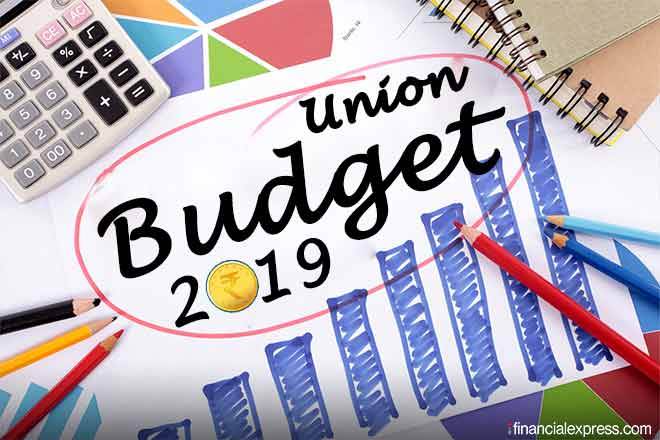Union Budget 2019 India: With reports of economic slowdown in the last quarter of FY19 gaining ground, the new government would like to leave no stone unturned for providing a boost to economic growth. The upcoming Union Budget, to be presented on July 5, can prove to be a bold step that the government might have in its offing.
Since the Budget would indicate the course the government would adopt over its tenure of five years, an attempt should be made towards containing the indirect tax issues and deliberations that are plaguing the sentiments of business community. Such issues primarily pertain to the ambiguities emanating from indirect tax law (other than GST) and tax department’s contentions in respect of pre-GST era indirect tax laws. While the government is busy simplifying near two-year-old GST structure for businesses, delving deep into pre-GST law for raising tax demands not only leads to non-judicious use of the governmental machinery, but also dampens the investment interests of businesses.
Key issues that deserve foreclosure in the Budget are:
1. Clean up the past: The value of designs provided by vehicle manufacturers to component manufacturers be added while paying excise duty. When a vehicle manufacturer or original equipment manufacturer (OEM) gives product specifications (which can be in the form of a design) to a component manufacturer (CM), basis which a component is to be manufactured, the issue that needs to be addressed is whether the value of such product specification/design be included in the value of the component so manufactured in order to determine the excise duty payable thereon.
As a decades-old industry practice, none of the CMs have considered this as an additional consideration for it to be added to the value of the component so manufactured. The reason being that the value of the product specification/design could have only been added if the transaction value of the component was not the sole consideration to determine the value for payment of excise duty. In the instant case, the product specification/design was the condition of contract basis that the component was to be manufactured. Since they do not form part of additional consideration, no excise duty was payable on this.
Surprisingly, post the introduction of GST, the government has recently issued numerous show-cause notices (SCNs) to various CMs, questioning the non-inclusion of value of product specifications/designs supplied to them by OEMs as an additional consideration in the assessment value of the goods supplied to such OEMs, for the purpose of payment of excise duty.
It is, indeed, important that the government should focus on cleaning up the past rather than digging up new so-called issues which could have been considered in the pre-GST era.
In fact, there is a particular section in the excise Act that empowers the government to issue exemption for the purposes of validating common practices of an industry. It is critical that sooner than later this aspect be looked at, as even in a worst-case scenario if the CM pays additional excise duty, OEMs will not be able to take input tax credit, which otherwise they were eligible under the pre-GST era, and the whole exercise would have been revenue-neutral.
2. Formation of customs advance ruling authority: The establishment of a Customs Advance Ruling Authority is essential for faster decision-making and to reduce the overall time period within which advance ruling can be obtained by the applicant. Although the customs law has been amended to allow its establishment, the constitution of authority is pending and, as a result, applications still need to be filed with the corresponding authority established under the Income-tax Act, 1961. Hence, as a trade-facilitation measure, a Customs Advance Ruling Authority should be constituted and made operational at the earliest.
Providing solutions to problems of aforementioned nature would result in reinstatement of the government’s objective to promote ease of doing business in India.
(The author is partner, GST and Indirect Tax, PwC India. Views are personal. Rohit Gupta, associate, GST, PwC India, contributed to this article.)

